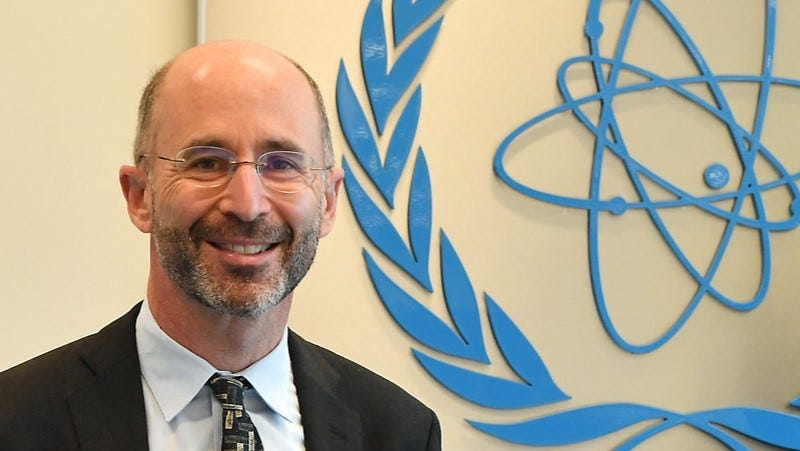Special Envoy: How Robert Malley Achieved A Quantum State Of Suspension
Inspector General report points to political considerations
“Special Envoy Malley continued to work for approximately 10 weeks before he was placed on leave without pay and directed to cease working on Department business,” reads the report of the State Department Office of Inspector General released this week. Although “OIG did not review the bases for the suspension,” they found “the Department violated the Au…



